
Cooperation & Innovation
-
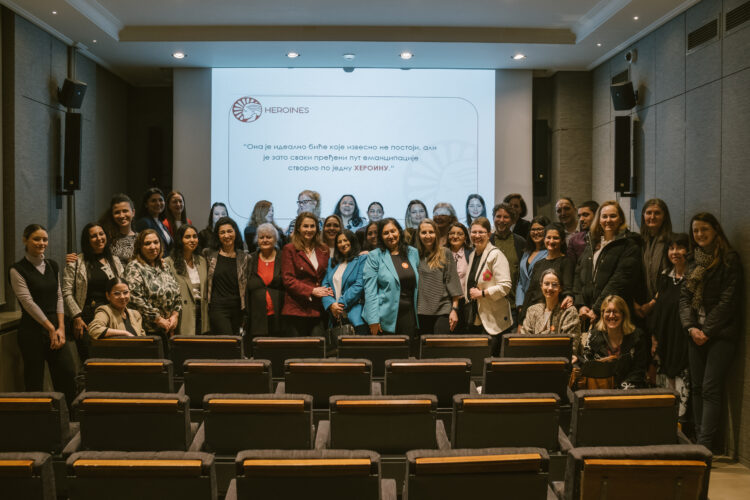
Stories of self-determination
The HEROINES project shows how citizens can help shape social change through research. In 2025, it was awarded the European Union Prize for Citizen Science.
-
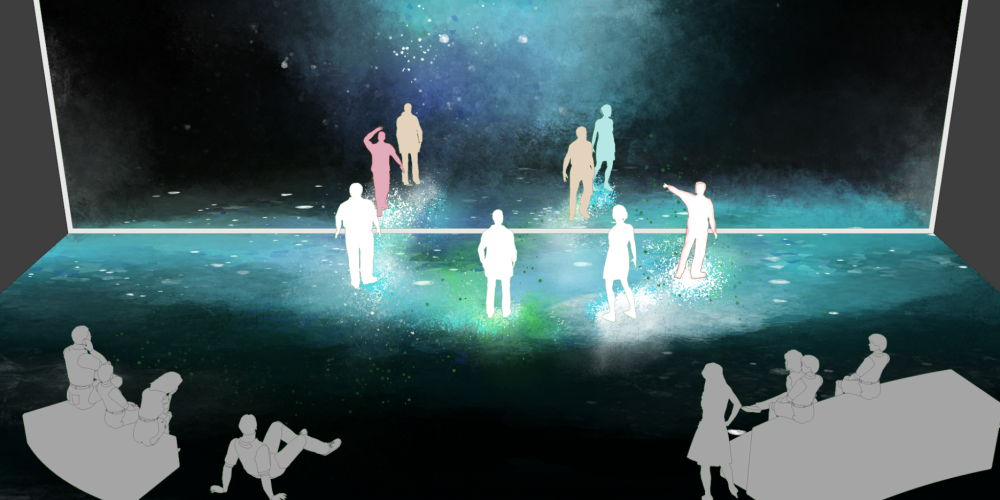
A space with endless possibilities
SHARESPACE explores new forms of collaboration between people, avatars, and AI in hybrid spaces. The focus is on connection, participation, and creative interaction, accompanied artistically by Ars Electronica Futurelab. One space, infinite possibilities.
-

Tracing the Invisible Lines Between Devices and Drones
How closely are commercial AI systems entangled with military technology? Awarded the STARTS Prize 2025 Grand Prize –Artistic Exploration, this project reveals hidden connections.
-
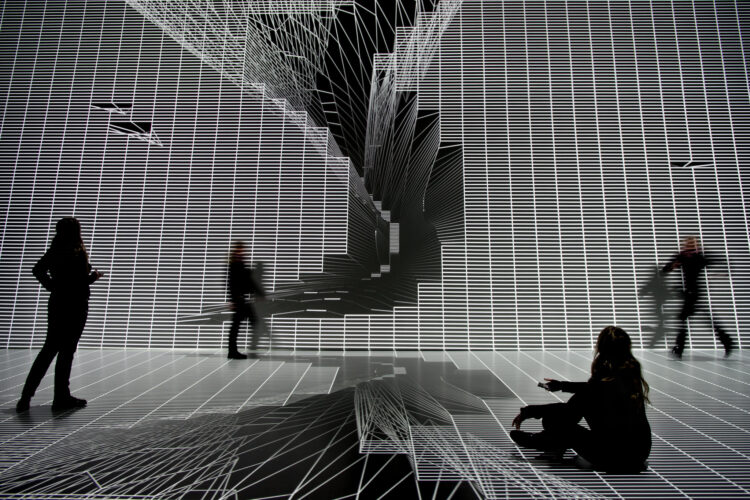
Navigating Panic: Notes from Where Panic Becomes a Compass
As curator in residence of the ARKO-sponsored Curatorial Residency Program, Son Hyerim was on site during the jury weekend of the Prix Ars Electronica. In this guest article, she shares her personal reflections on this experience.
-
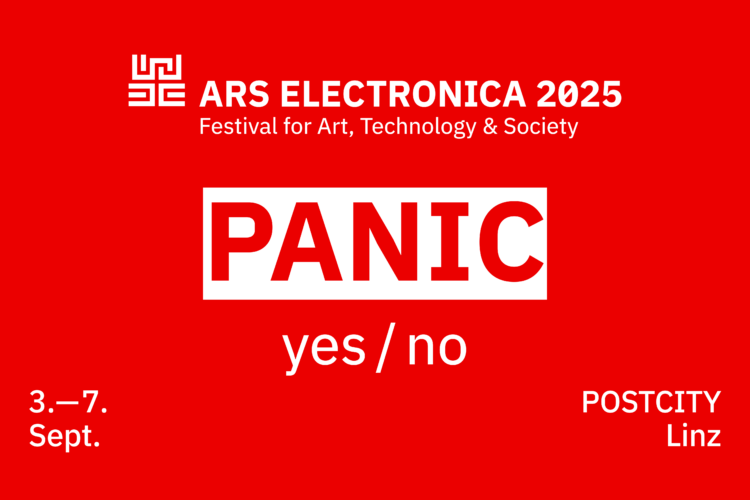
The Times They Are a-Changin’
From the uncertainty of the present to the power of art – in conversation with Gerfried Stocker, we shed light on the theme of the Ars Electronica Festival 2025.
-
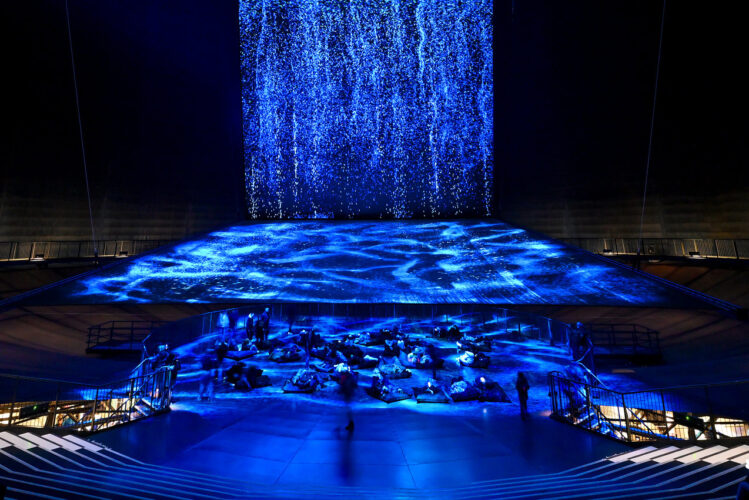
The Art of Knowledge Transfer
Science is complex, science is slow. Projects that do not preach data and figures but stage experiences show how it can still be made exciting.
-
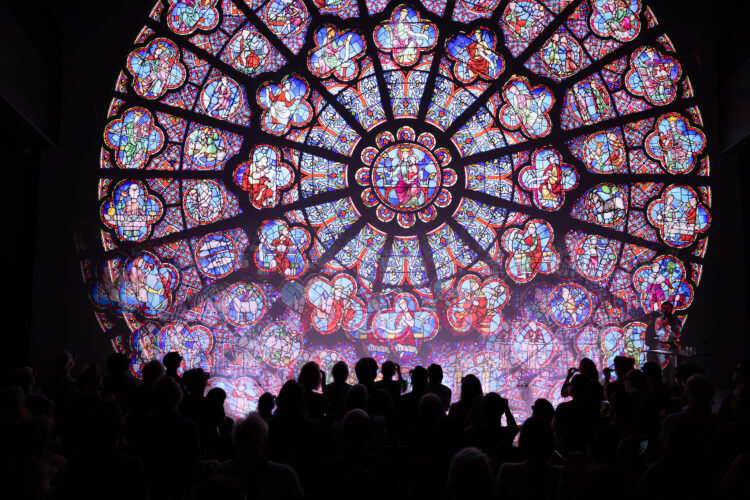
Can art change the world?
In 2024, Ars Electronica once again used international open calls, exciting collaborations and the festival as a stage to show how art can highlight creative solutions to the pressing issues of our time.
-
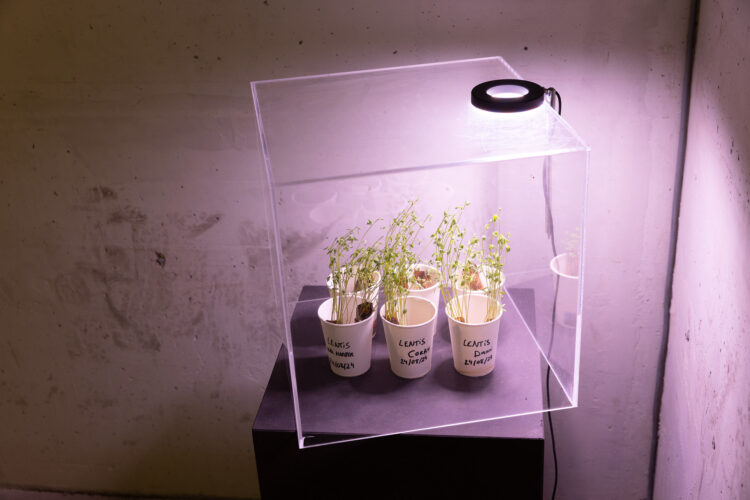
Ethical Approaches in Bio Art
Researcher and curator Eunji Kwon provides insights into her research work as part of the ARKO and Ars Electronica curatorial residency programme.
-
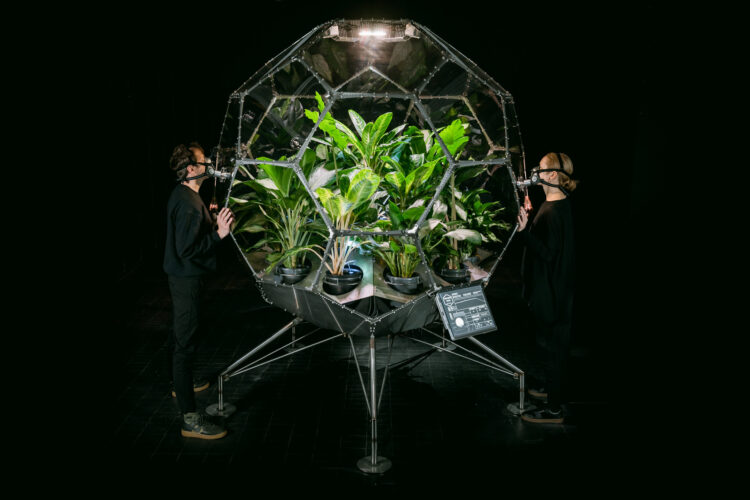
The interconnected world
The new exhibition at the Ars Electronica Center, “Connected Earth”, thematizes how the smallest creatures and powerful tides interact, what changes in biodiversity mean for man-made infrastructures, and what makes the Earth so habitable for millions of species, especially in their interaction.
-
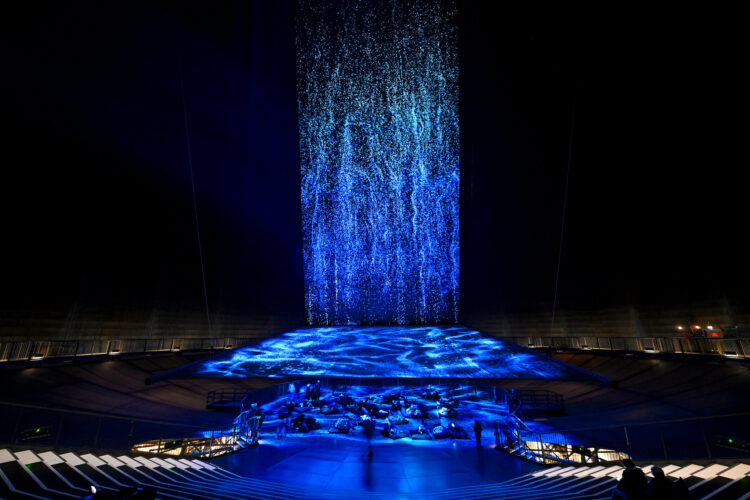
Immerse yourself in the art of the wave
Since March 2024, “Planet Ocean” has been inspiring visitors to the Oberhausen Gasometer with its giant ocean projection “The Wave”. Project manager Ina Badics and her team give an insight into the challenges and inspirations that made this unique installation possible.
-
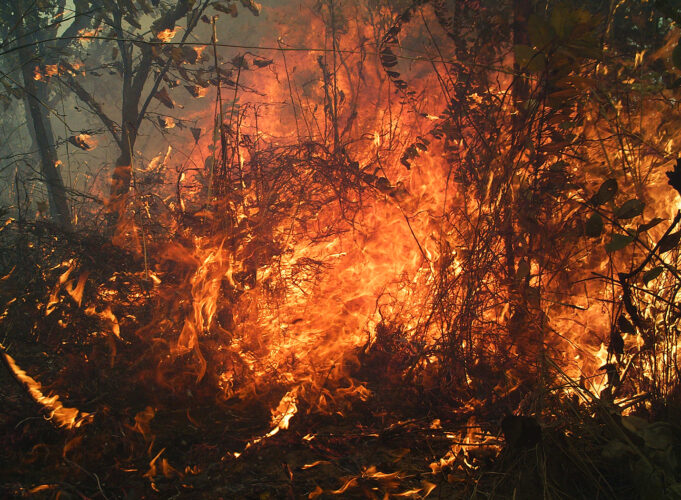
Challenging Power and Space Through Digital Art
Borders, technology, and power—Enar de Dios Rodríguez challenges us to rethink the spaces we live in through her award-winning, thought-provoking audiovisual essay, Ecotone.
-
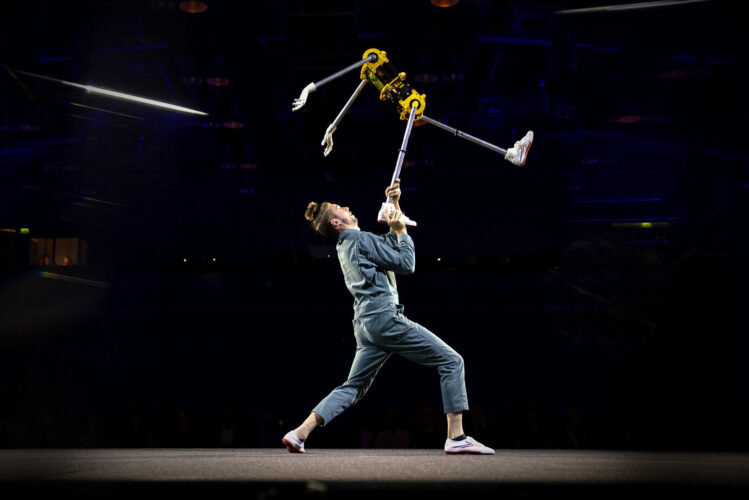
A record: More than 112,000 visits to Ars Electronica 2024
Once again, the Ars Electronica Festival has shown what it is all about: creating space, time and an atmosphere in which people can exchange ideas and inspire each other.
-
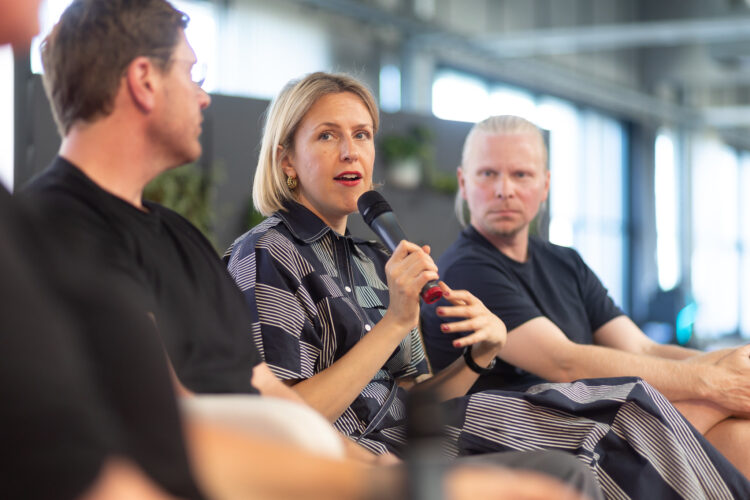
From Hope to Action
This year’s theme symposium will focus on people who inspire others through their creativity, empathy and courage, and who create hope for a better future.
-
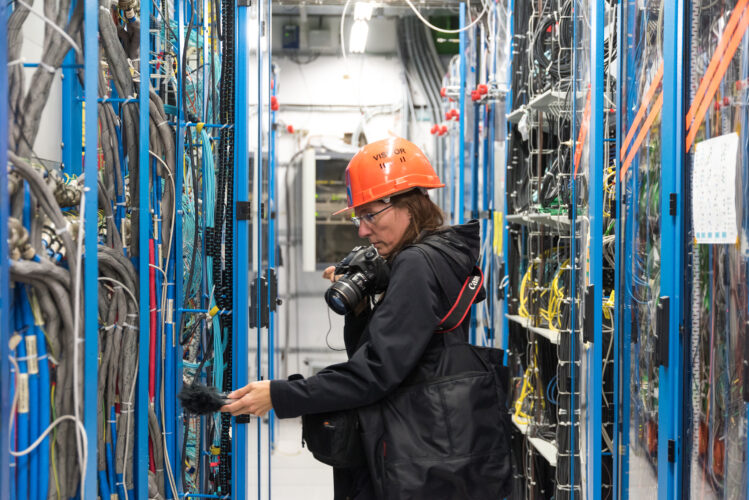
STARTS 2024 Exhibition: Art as a Catalyst in the Innovation Process
How can we foster a culture in which art, science, and technology thrive as interrelated and mutually enriching methods of exploration, knowledge, and discovery? For a more sensitive and determined approach to the pressing issues of our time. Let’s embark on a journey into a world of possibilities. A world of new solutions.
-
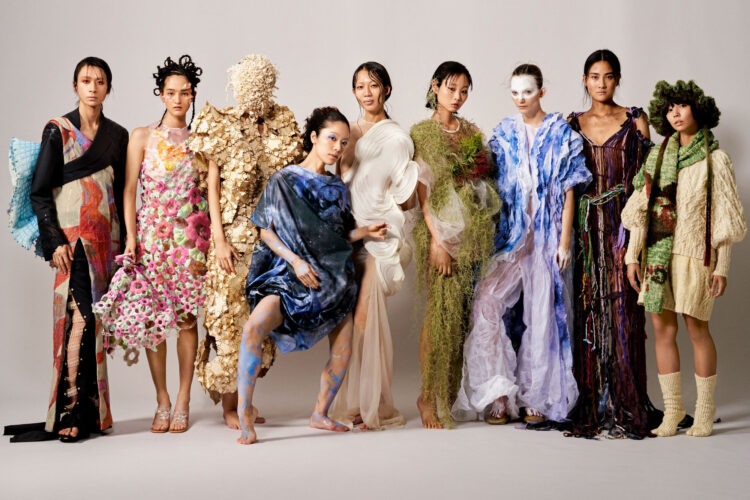
Art Thinking Lounge: A Hub for Creative Innovation
The Art Thinking Lounge is a platform for transformation through art that offers companies, artists, scientists, activists and citizens a space to explore and discuss future visions through art.
-
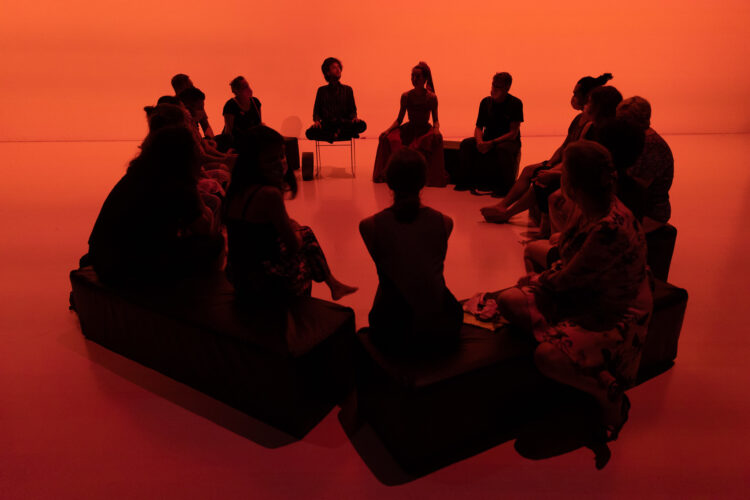
A Festival for Artists
What is the role of art festivals like Ars Electronica? What do they have to do and for whom? For good reason, the vast majority of answers to these questions focus on the audience. However, another key target group is often overlooked: the artists themselves.
-
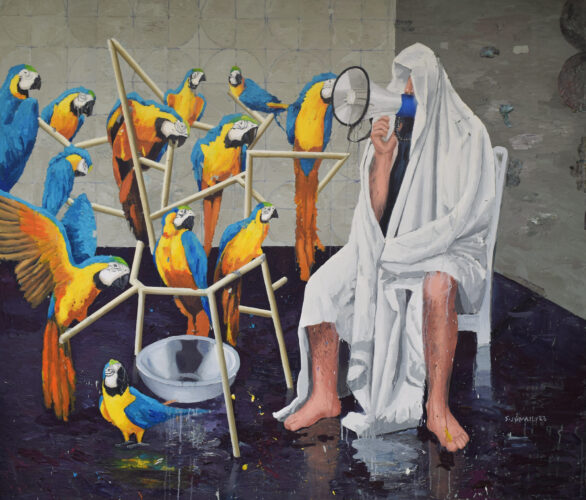
Artistic resistance and social resilience: State of the ART(ist) 2024
State of the ART(ist) in 2024 demonstrates how art can flourish under extreme conditions and reflect social issues.
-
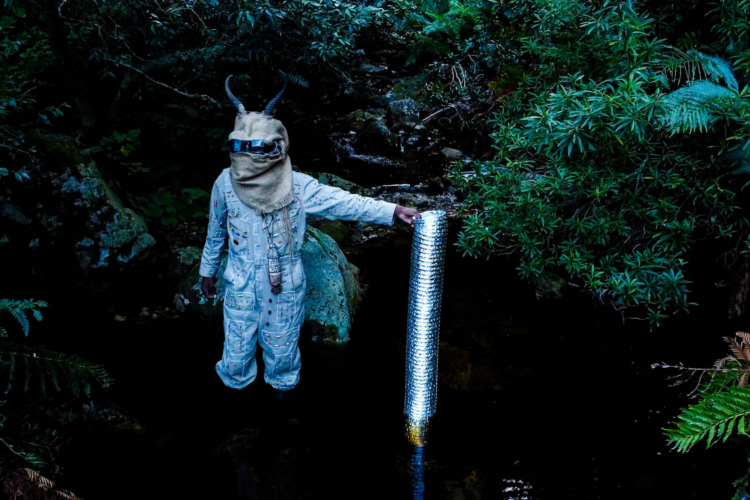
The new Ars Electronica Platform Europe
The European Platform for Digital Humanism has been relaunched as Ars Electronica Platform Europe to foster collaboration for tech-driven change through art and to advocate for healthy democracies on the continent and beyond.
-
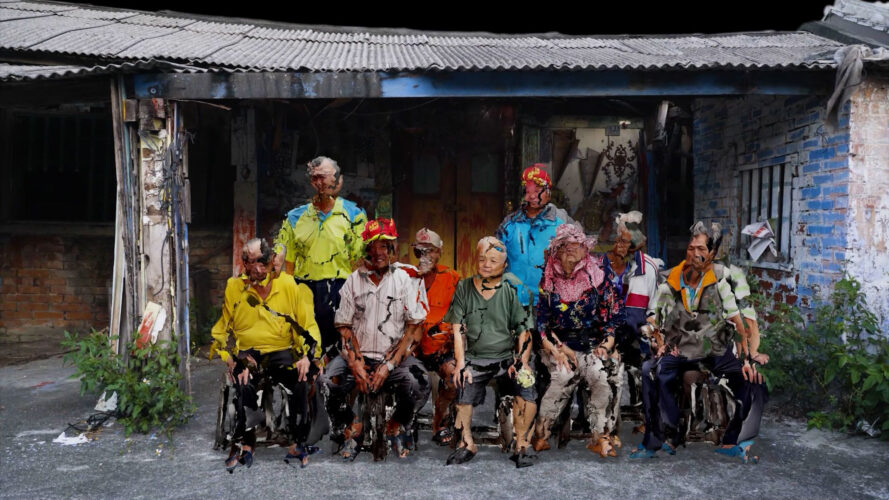
From Taiwan to Austria: Expanding artistic horizons
Projects arising from the collaboration with TAICCA and other Taiwanese partners bring AI reflection and artistic innovation to the Ars Electronica Festival.
-

A circular model for the future
The Label4Future project aims to develop sustainable solutions together with companies – supported by digital transformation and innovative approaches from cultural and creative industries.
-
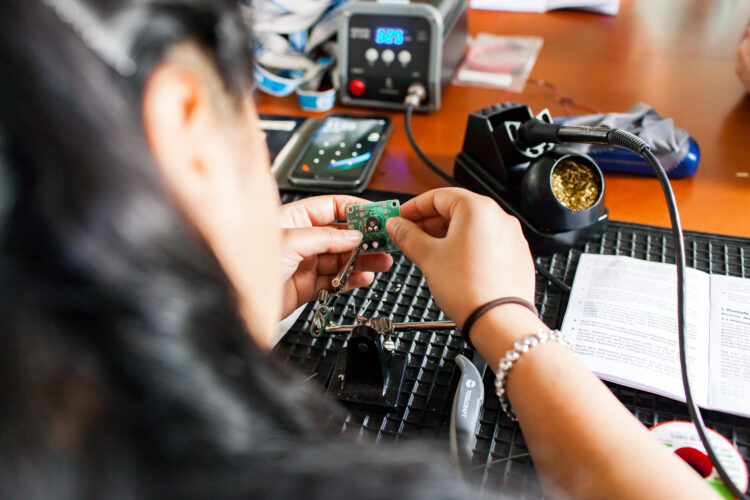
create your world festival: From hope to action. Between yesterday and today.
What does it really mean to shape the world? How do you find confidence in your ability to influence? What role does our mental health play in society? Who takes responsibility? Will we turn the tide?
-
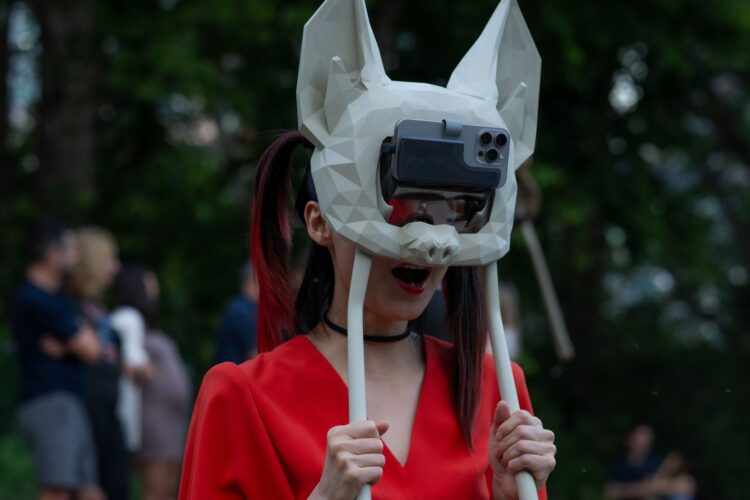
Ars Electronica Features: Beacons of Hope from Around the World
The Ars Electronica Features combine art and technology in close collaboration with partner institutions to showcase artistic programs and perspectives from around the world that initiate change.
-
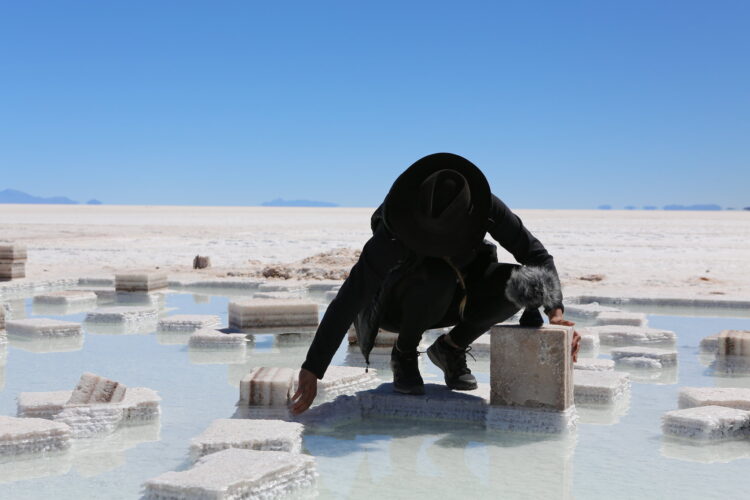
Bridging past, present and future: media art from Latin America
Artists honoured with the CIFO x Ars Electronica Award address environmental problems and present innovative projects.
-
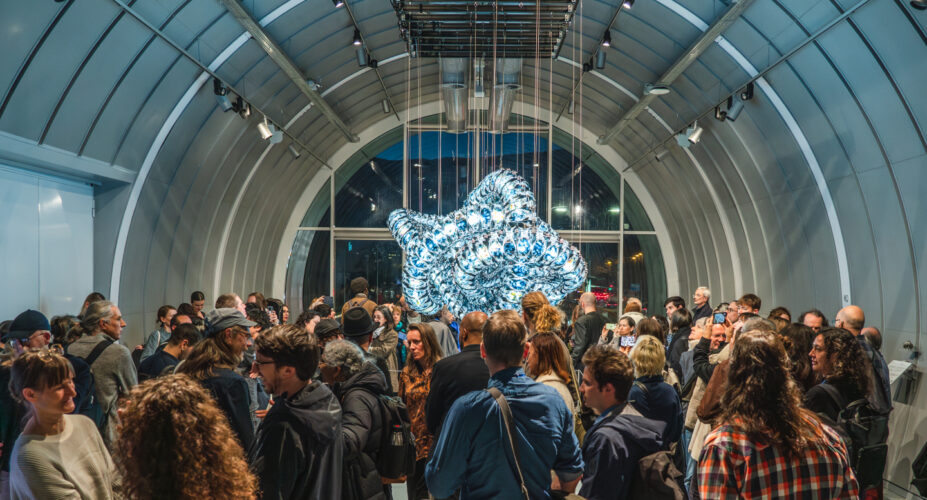
Artistic Explorations in Science
Arts at CERN, the arts programme of CERN in Geneva, has invited artists since 2012 to explore fundamental scientific questions alongside physicists.
-
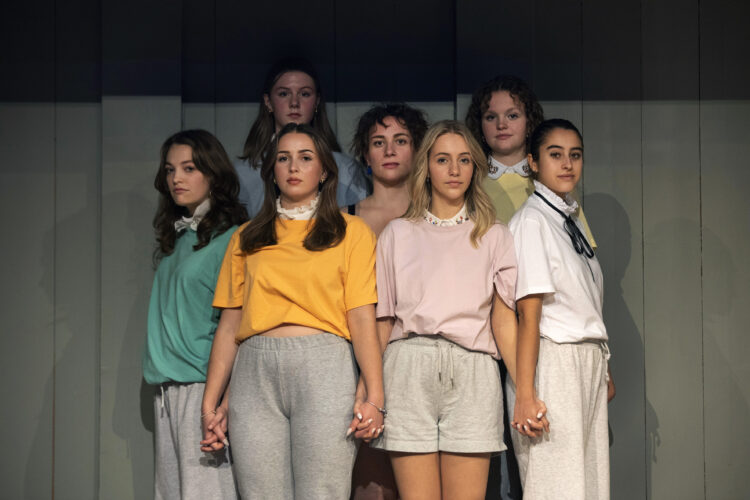
Taking Back Power: Patchwork Girl
The winner of the Digital Humanity Award sets an example against online exploitation and for women’s rights in the digital age.
-

Immersive Journeys Through Time
Ars Electronica is the future, cultural heritage is the past. Both tell of disruptive interrelationships at the intersection of art, technology and society. In Deep Space 8K, they enter into a unique symbiosis.
-
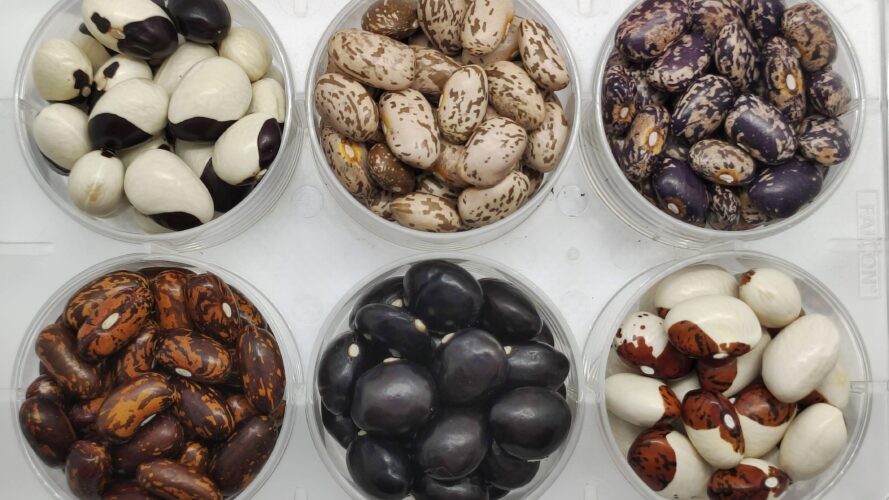
Fostering Plant Diversity Through Community Participation
The INCREASE project helps protect plant genetic resources by involving citizens in growing and tracking different types of beans, which boosts biodiversity and supports sustainable farming.
-
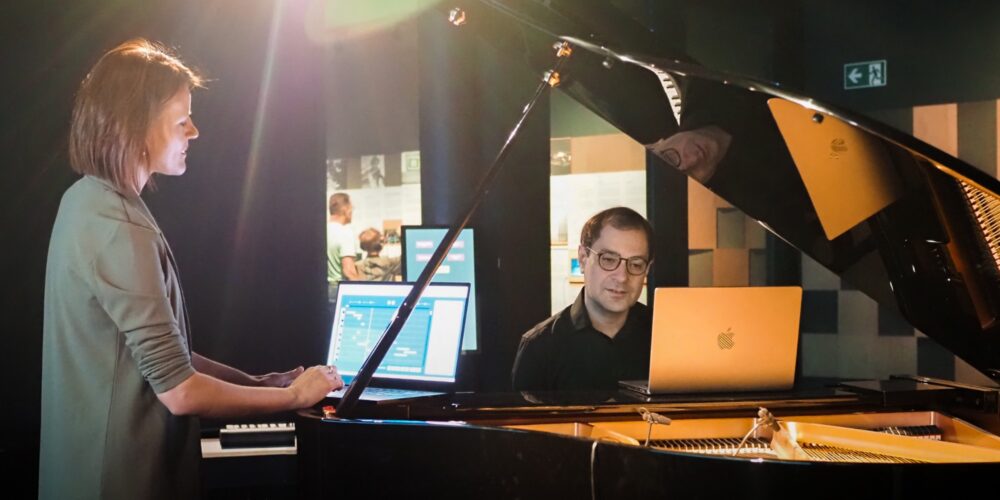
“Waltz Symphony”: Of humans and machines
Artificial intelligence and classical music merge seamlessly in the Waltz Symphony project. Composition students develop innovative orchestral pieces in dialogue with the AI application Ricercar.